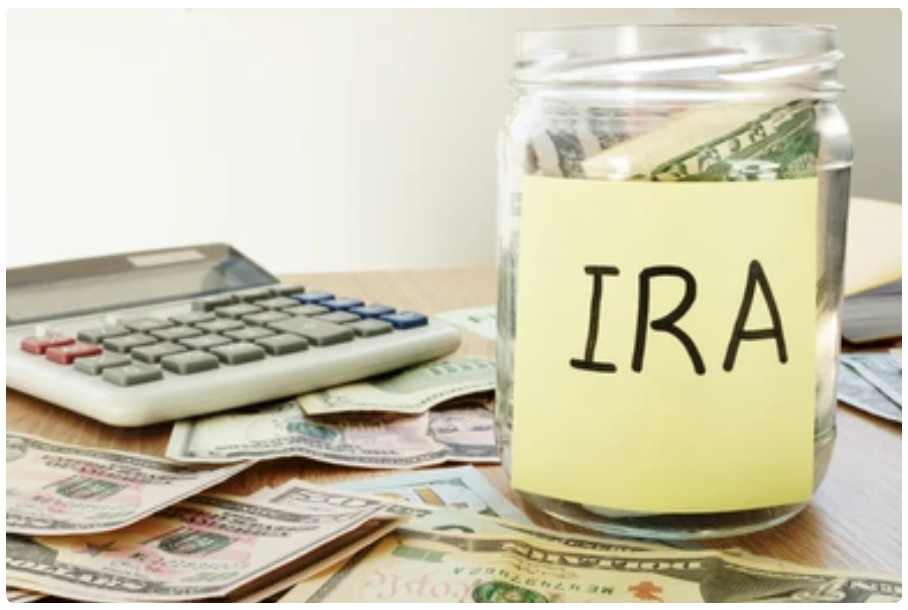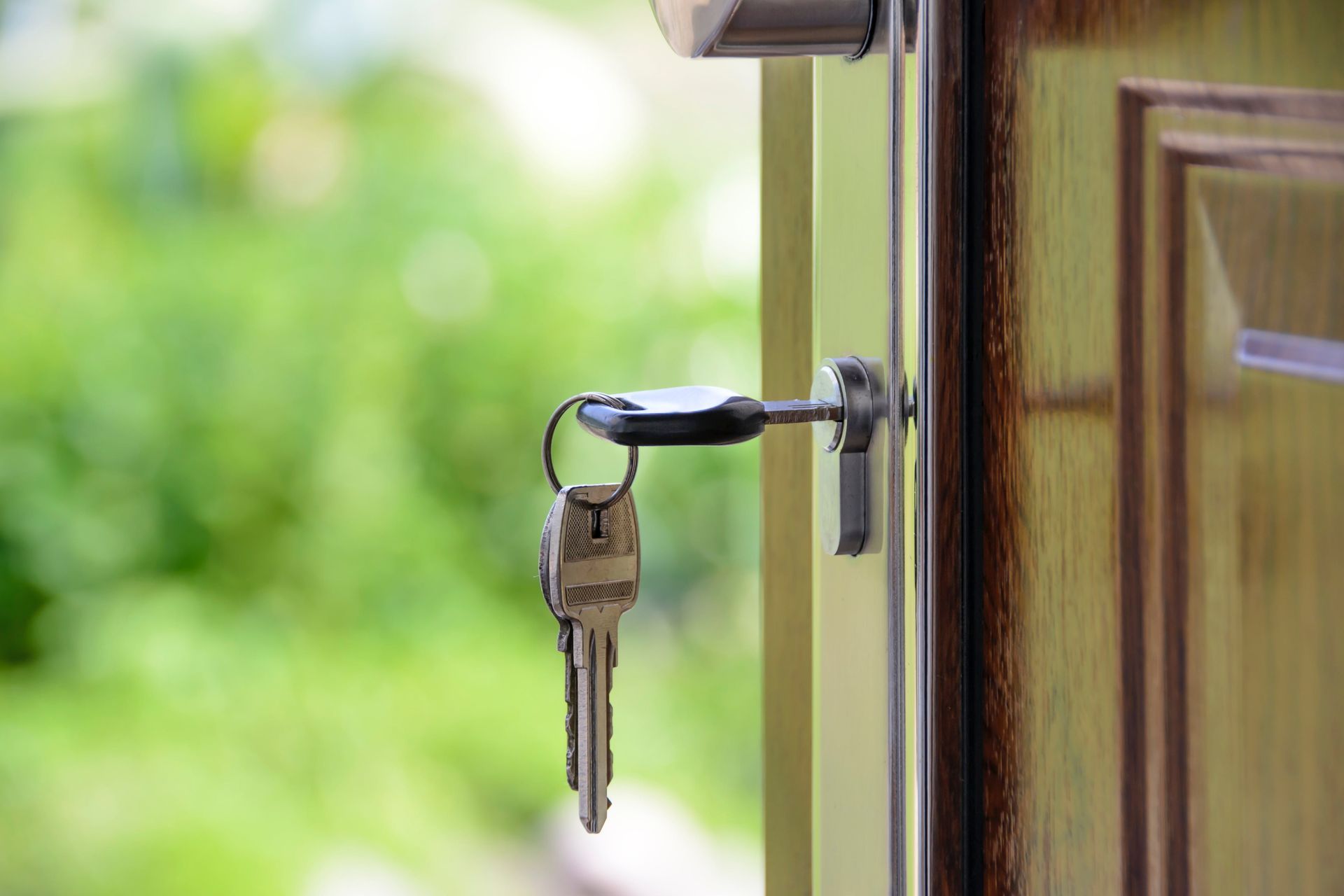Why Credit Card Debt Is Your Financial Worst Enemy — And How to Defeat It
The average American household carrying credit card debt owes $6,501, and over 40% of credit card holders carry a balance from month to month.

In today’s fast-paced, swipe-now-pay-later world, credit cards can feel like financial lifesavers. They offer convenience, security, and perks like cashback or points. But when misused, credit cards can also become your financial worst enemy — quietly accumulating interest, burying you in debt, and derailing long-term goals like buying a home or retiring comfortably.
If you’ve ever carried a balance from one month to the next, you know how quickly things can spiral. The average American household carrying credit card debt owes $6,501, and over 40% of credit card holders carry a balance from month to month, according to a 2024 NerdWallet report. What’s worse, many of them are paying interest rates above 20%, meaning that a $1,000 purchase can easily balloon into $1,200 or more if left unpaid for just a few months.
Let’s break down why credit card debt is so dangerous, and more importantly, what you can do to eliminate it and stay debt-free.
Why Credit Card Debt Is So Damaging
Credit card debt is revolving debt, which means you don’t have a fixed repayment period. That flexibility is part of what makes it so dangerous. Here’s why:
- High-Interest Rates: Most credit cards charge
APR rates of 20% or more. If you’re only making minimum payments, most of your money goes toward interest rather than the actual balance.
- Minimum Payment Traps: Paying just the minimum may keep your account in good standing, but it prolongs the life of the debt. For example, if you have a $5,000 balance with a 20% interest rate and only make a $100 minimum payment each month, it could take you over
7 years to pay off the debt — and you’ll have paid
thousands in interest.
- Credit Score Impact: High balances relative to your credit limit can hurt your
credit utilization ratio, a key factor in your credit score. A poor score can lead to higher interest rates on loans, or even affect employment and housing opportunities.
- Mental Stress: Studies show that people with high-interest debt experience
higher rates of anxiety and depression. Financial stress can affect sleep, relationships, and overall well-being.
How to Defeat Credit Card Debt
Ready to stop letting debt call the shots? Here are some proven strategies to regain control:
1. Stop Adding to the Balance
This may sound obvious, but it's the critical first step. Commit to using cash or a debit card for all purchases while you're paying down your balances.
Tip: Essentials like groceries, gas, and everyday bills should never be charged if you can’t pay the balance in full. Use credit only if it's an emergency and exceeds the cash you have on hand — and even then, with a clear plan to pay it off quickly.
2. List Your Debts
Create a spreadsheet or use an app to list all your credit card debts: balances, interest rates, and minimum payments. Knowing the full picture helps you build a game plan.
3. Choose a Payoff Strategy
There are two main methods:
- Avalanche Method: Pay off the card with the
highest interest rate first while making minimum payments on the rest. This saves the most money on interest.
- Snowball Method: Pay off the smallest balance first to build momentum. This can provide psychological wins early on.
Both work — the best one is the one you can consistently stick to.
4. Negotiate a Lower Interest Rate
Contact your credit card issuer and request a lower APR. If you’ve made on-time payments, many companies will work with you. Even a few points shaved off can help speed up repayment.
5. Consider a Balance Transfer
If your credit score allows, transfer your high-interest balance to a card offering 0% APR for 12–18 months. Just be aware of any transfer fees, and pay off the balance before the promo period ends.
6. Create a Strict Budget
Every dollar counts when you're eliminating debt. Review your income and expenses, cut unnecessary costs, and redirect those savings to your repayment plan.
7. Automate Payments
Set up automatic payments for at least the minimum due. Late payments lead to fees and can increase your interest rate.
8. Increase Your Income
Take on a freelance gig, sell unused items, or consider part-time work temporarily. Any extra income should go straight to your debt.
How to Stay Out of Credit Card Debt
Once you’re out, staying out is the next challenge. Here are some preventative habits to adopt:
1. Only Charge What You Can Pay Off in Full
Credit cards should be treated like a convenience tool, not a lifeline. If you cannot pay your balance in full at the end of the billing cycle, you are essentially borrowing at interest rates that average around 20% APR in the U.S. Carrying a balance month to month turns everyday purchases into long-term debt.
Use your credit card for transactions you know you can pay off immediately, such as recurring bills or planned expenses, not impulse buys. If an expense is urgent but you cannot pay it in full by the due date, stop and consider alternative solutions before charging it.
2. Build an Emergency Fund
Unexpected costs, such as car repairs or medical bills, are one of the main reasons people rely on credit cards. By creating an emergency fund with at least 3 to 6 months of expenses, you will have cash available when life throws surprises your way.
Start small if you need to. Even setting aside $25 to $50 per week can build a safety net over time. Once you have it, you will rely less on credit cards to handle life’s bumps.
3. Track Your Spending Weekly
One of the biggest reasons credit card debt spirals out of control is that people lose track of where their money is going. A $10 subscription here, a $25 takeout order there, and suddenly your statement balance looks overwhelming.
Reviewing your spending every week allows you to spot small leaks before they become floods.
Use tools like Mint, YNAB (You Need a Budget), or even a simple spreadsheet to categorize your expenses. By doing this regularly, you’ll not only catch bad habits early, but you’ll also start identifying areas where you can cut back and free up extra money to pay down debt faster.
To make it even easier, download our free Budget Tracker. It’s designed to help you stay organized, stick to your plan, and finally feel in control of your money.
4. Automate Your Payments
Missed payments lead to late fees, penalty interest rates, and hits to your credit score. Automating your payments, at least for the minimum due, ensures you never miss a deadline.
Set up autopay through your bank or credit card provider. If possible, schedule your payment for the full statement balance to avoid interest entirely. Automation takes the stress out of staying on top of multiple due dates and keeps you financially disciplined.
5. Review Your Credit Card Statements Monthly
Fraudulent charges and unnoticed subscriptions can quietly eat away at your financial health. By reviewing your statements each month, you stay in control, catch errors early, and hold yourself accountable.
Go through every line item, question anything that looks off, and cancel subscriptions you do not use. This small habit can save you hundreds of dollars a year and keep your balance lower than it would otherwise be.
Use our Monthly Financial Review Checklist to make your next statement review quick and painless.
Final Thoughts
Credit card debt is one of the most common and destructive forms of financial stress, but it is also one of the most fixable. With the right strategy, discipline, and expert guidance, you can eliminate your debt and create a lasting foundation for financial freedom.
The freedom, confidence, and peace of mind that come from being debt-free are worth every step of the journey. You do not have to navigate it alone. Karen Koenig, founder of KK Financial Solutions, has spent years helping individuals and families take control of their finances. Her approach is rooted in education, empathy, and actionable strategies that transform financial overwhelm into financial clarity.
Whether you are buried in credit card balances or simply looking to break the cycle of living paycheck to paycheck, Karen can help you create a customized plan that works for your life. From practical budgeting tools to proven debt repayment strategies, you will have the support you need to finally stop stressing about money and start building the future you deserve.
Are you ready to stop letting credit card debt control your life? Let's Talk!
Schedule a consultation with Karen today and take the first step toward freedom, confidence, and a debt-free future.
Call: +1 425-610-7476
Email: karen@kkfinancialsolutions.us











